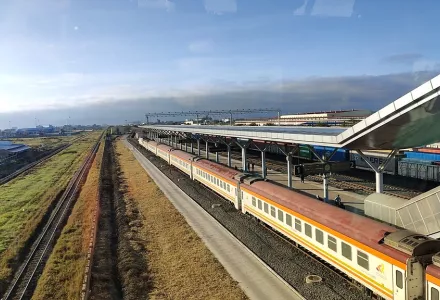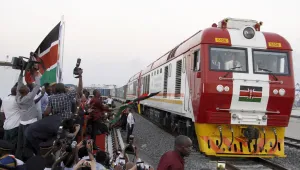Speaker: Kevin Keller, Ernest May Fellow in History & Policy, International Security Program
Since the 1970s, comparative law scholars have studied “legal transplants”: legal institutions (most canonically, legislation) that emerged in one location and then were moved to (or forced upon) another. This research agenda offers little traction on one of the most pressing questions of legal change in our current world. For the past three decades, Chinese leaders have encouraged Chinese enterprises to increase their engagement with the rest of the world. Those leaders insist that they have no desire to alter the legal systems of their economic partners, and China does not in fact seem to engage in overt efforts at reforming foreign law. Yet China’s growing global economic presence does seem to affect legal systems in other countries.
To make sense of this pattern, this talk draws on and extends Gunther Teubner’s concept of a “legal irritant.” It introduces the idea of a “policy irritant”: a policy that a country implements, inspired by policies elsewhere, that places pressure on and potentially (but not necessarily) reshapes the country’s legal regime. To demonstrate how the concept of a policy irritant improves scholars and policymakers' understanding of both theoretical questions about legal change and concrete questions about current global conflicts, this talk offers an extended case study of the Madaraka Express, a massive railroad project constructed in Kenya in the mid-2010s. It proposes that the railway represents a collision between “Chinese-style development,” a policy made accessible to Kenyan leaders by the sudden availability of Chinese loans, and an “anticolonial legal regime.”
Admittance is on a first come–first served basis. Tea and Coffee Provided.





